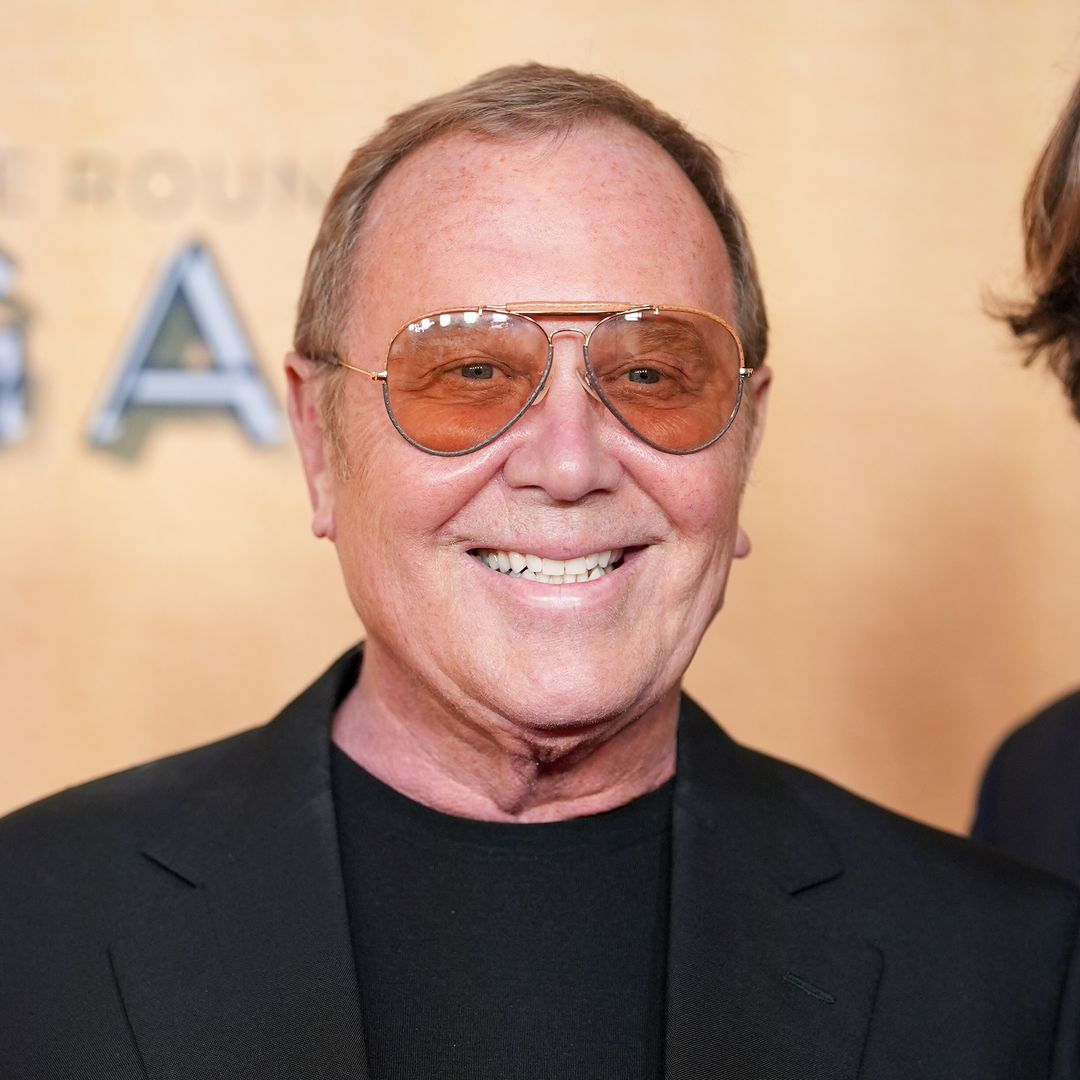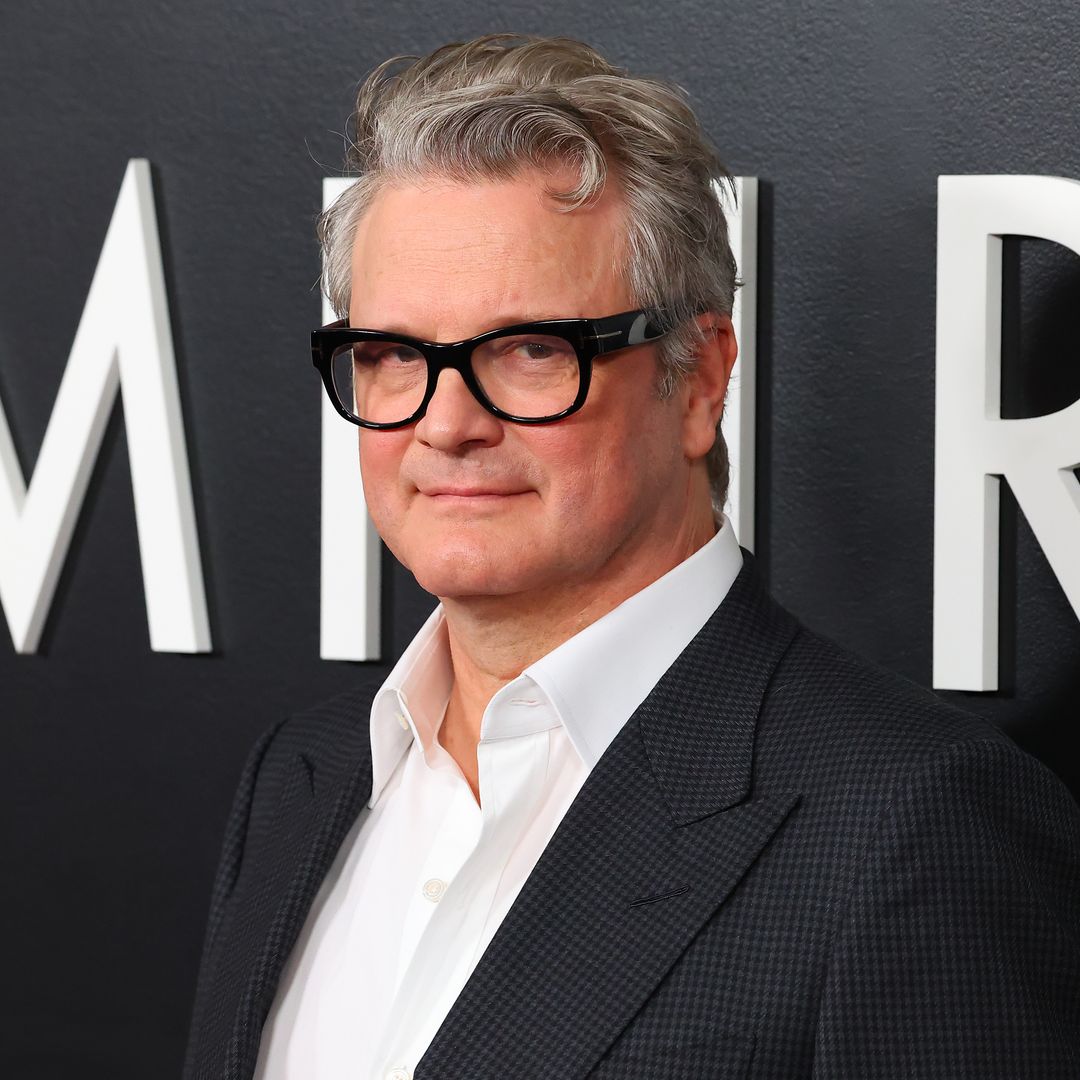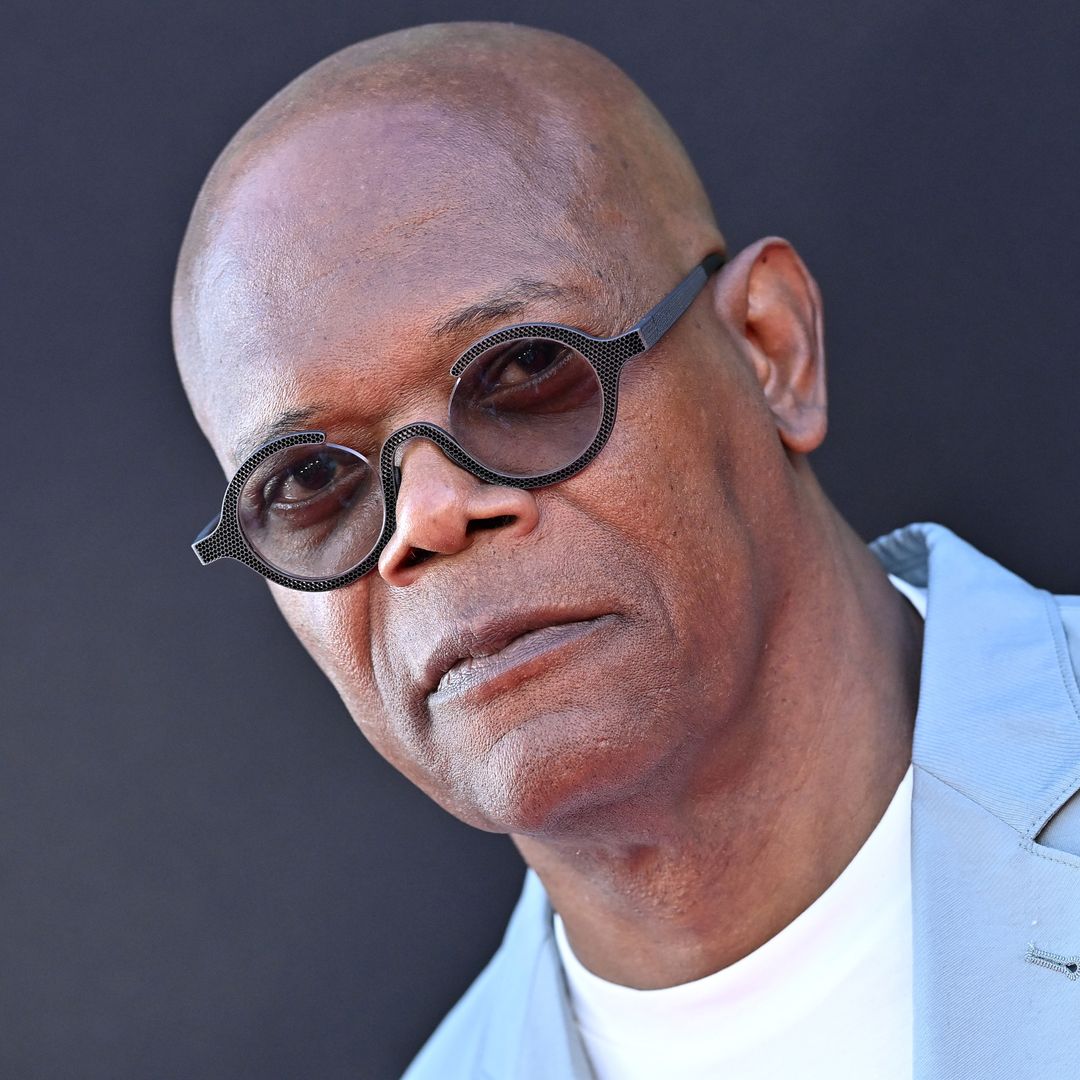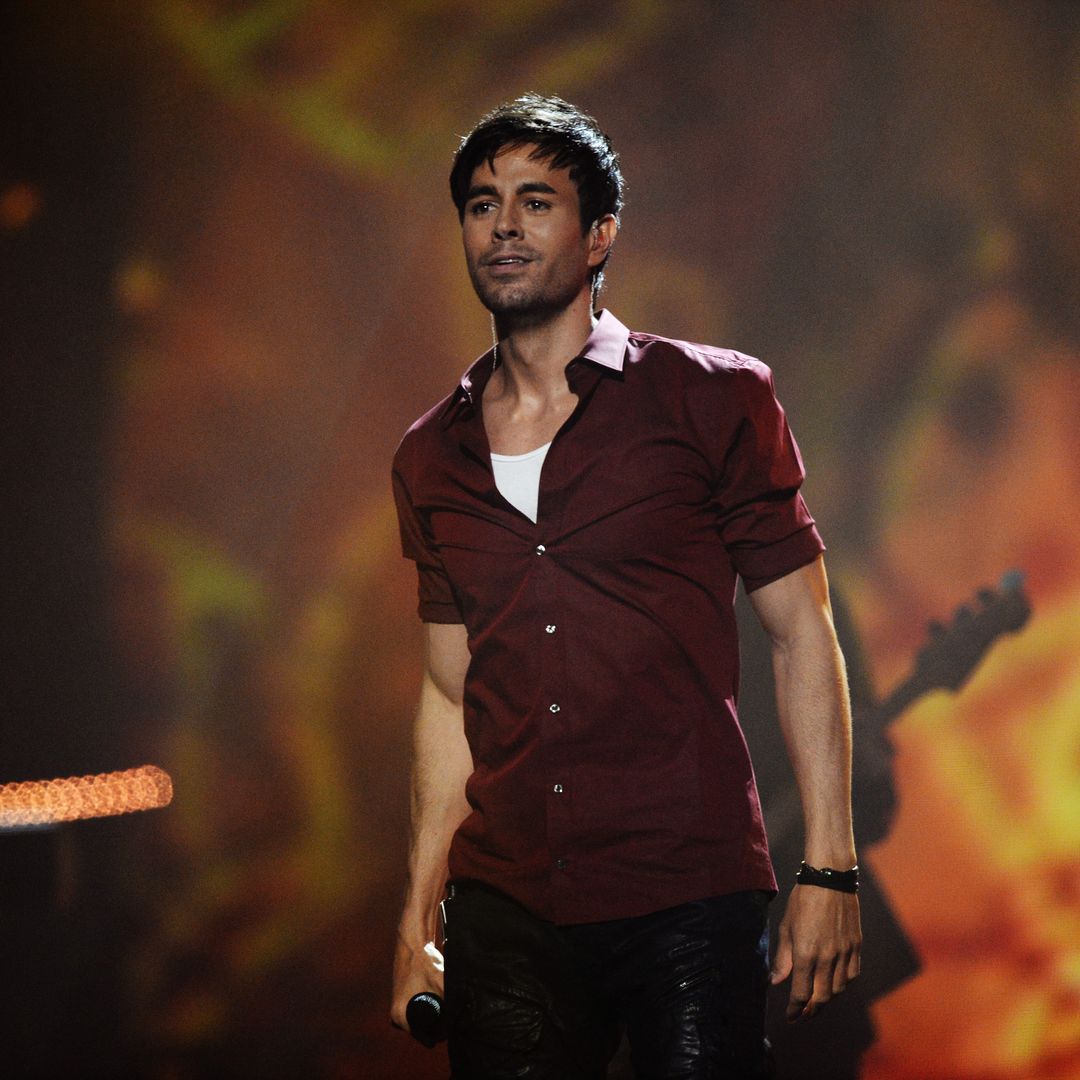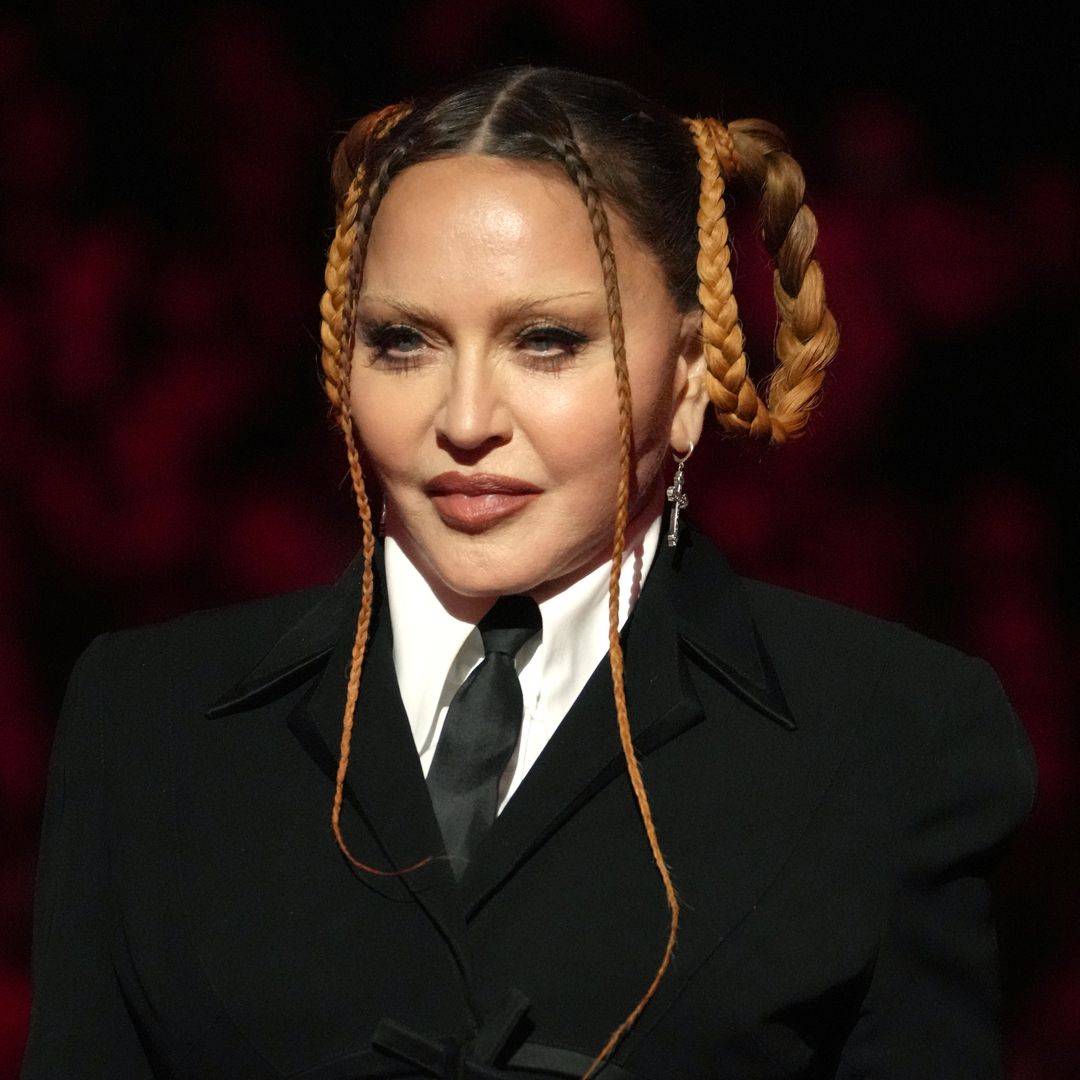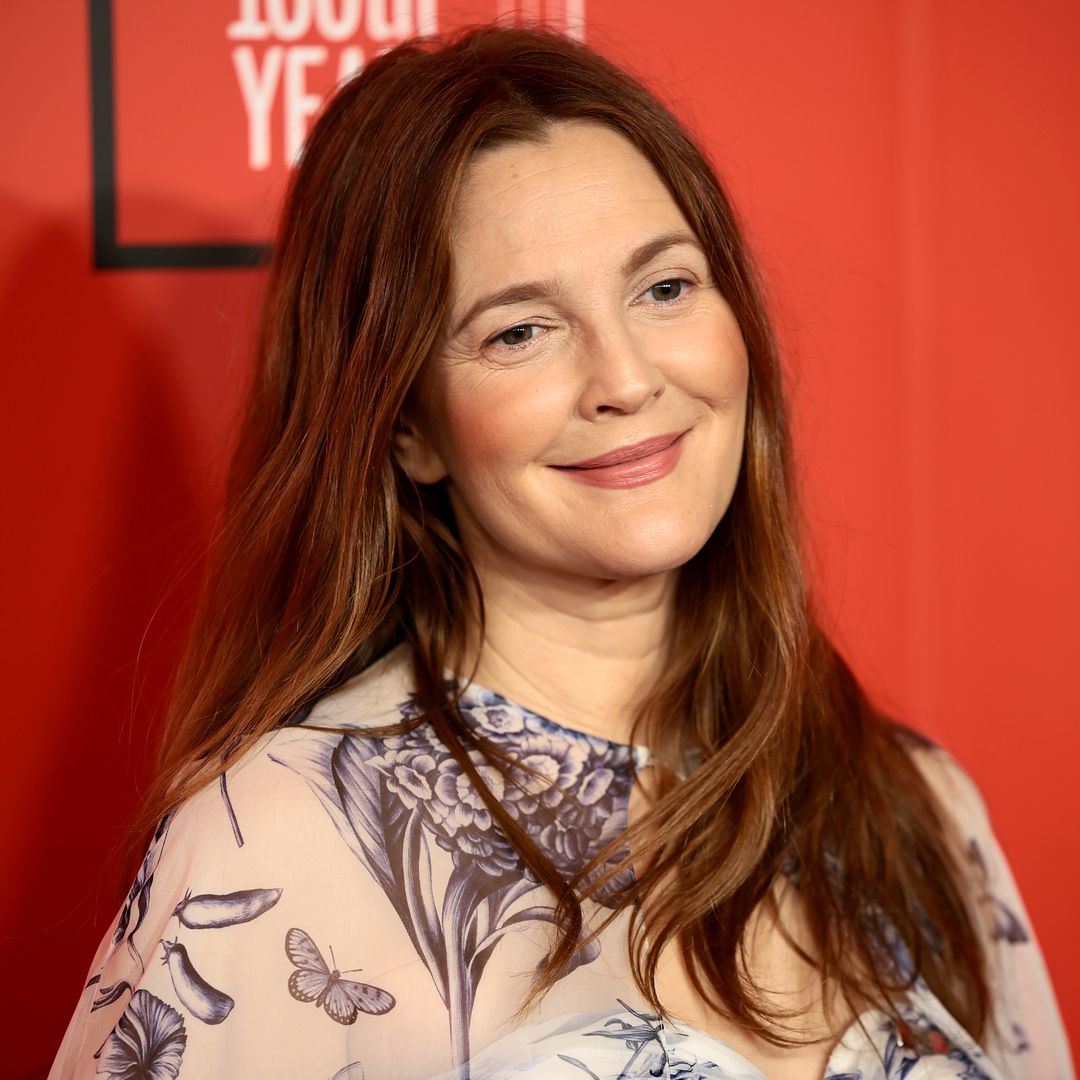Who is Gordon Brown?
When, citing what he described as the Chancellor of the Exchequer's "extraordinary talent", Tony Blair endorsed Gordon Brown as his successor in May 2007, he brought to an end a decade-long period of waiting in the wings for the brilliant but complex Scottish politician.
The second son of Presbyterian minister Rev Dr John Ebenezer Brown and his wife Elizabeth, Gordon was born on February 20, 1951, and raised in Glasgow until the age of three, when the family moved to the industrial town of Kirkcaldy in Fife.
During the Fifties Kirkcaldy was a tough place to be and the Brown brothers - Andrew, Gordon and John - were encouraged by their parents to help local families affected by unemployment. Gordon has since credited the couple with being his "moral compass" and the inspiration for his career.
His Early Life
His involvement in politics started early. Aged 12 he was helping a local Labour candidate distribute campaign leaflets and, inspired by one of his father\'s sermons, he set up a tuck shop in the family garage, along with brother John, to raise money for African refugees.
The pair also launched a newspaper, called The Gazette, for which keen football supporter Gordon edited the sports pages. The publication provided a forum for his early political views, backing a church campaign against alcohol and tobacco. Despite being described by his mum as the "shyest member of the family" Gordon excelled in almost everything he put his hand to. Academically gifted, he was also a junior tennis champ and violinist in the school orchestra. He won a place to study at Edinburgh University while just 16 and still at Kirkcaldy High School, becoming the youngest fresher since 1954.
He was to miss the first term entirely, however, as doctors battled to save his sight after the keen rugby player had been diagnosed with a detached retina during his first week there. He eventually lost vision in one eye, and for a while it was feared he could lose it in both. With sport out of the picture, Gordon focused on his political leanings - becoming editor of The Student magazine and earning national headlines by exposing the University's investments in pro-apartheid South Africa.
A first class Honours degree in History was followed by doctoral studies. And, following a campaign which included three mini-skirted fans, dubbed The Brown Sugars, who accompanied him on photo opportunities in "Gordon for me" t-shirts, he became the university's rector, a position he held from 1972 to 1975. As a lecturer at Edinburgh he proved popular. "He was a big star and had a natural way with people," says one former pupil.
"He would hold his tutorials in his flat over a couple of cans of beer. He held all sorts of parties. He had loads of friends from all different backgrounds." Leaving academia behind Gordon worked as a journalist on Scottish TV, but it was to be a brief sojourn and he was soon fully committed to the Labour Party.
His Political Career
The aspiring politician first stood for parliament in 1979. He lost, but in 1983 he became MP for Dunfermline East in Fife where he would serve until 2005 when he represented his former home constituency of Kirkcaldy and Cowdenbeath.
Also joining parliament in 1983 was fellow labour MP Tony Blair, an Islington lawyer two years his junior. The duo, who shared an office together, formed a close friendship and were quickly spotted as having potential by then Labour leader Neil Kinnock who promoted them into his shadow cabinet. The ambitious Scot was made shadow chancellor in 1992 and, when Labour leader John Smith passed away suddenly in two years later, many believed the man dubbed Red Gord would inherit his title.
When Tony declared his interest in the race, however, his charisma and potential to capture the support of Middle England gave him the edge over Gordon, who was seen more as a strategic thinker. And in an agreement now known as the Granita Deal - after the London eatery in which it was made - Gordon apparently agreed not to stand against his old office-mate in return for assurances of a greater role for the Treasury and Tony's backing in any subsequent leadership contest.
He also reportedly came away from the evening with the understanding that his chum would stand down after two elections. When the Labour win of 1997 put Tony into Downing Street, Gordon, in his role as Chancellor of the Exchequer famously granted control of interest rates to the Bank of England and froze public spending for two years. During the Scotsman's tenure the Treasury's influence increased, leading to tensions between the pair. They also clashed over the Euro, with the Chancellor standing firm against it.
Gordon remained loyal to his pal, however most notably in January 2004 when Tony faced a crunch Commons vote on University top-up fees, which would have forced his resignation had he lost. Despite having argued passionately against the policy, Gordon helped Tony clinch the vote at the last hour by instructing his followers to support the premier.
His Family Life
By then Gordon had settled down with his girlfriend of four years PR exec Sarah Macaulay, whom he wed in Fife in 2000. Previous relationships had included a university romance with the exiled Romanian princess Margarita du Romaine, a fellow student. She moved into his digs, but the pair split after she claimed politics left no time for her.
He later became involved with TV journalist Sheena Macdonald and Edinburgh lawyer Marion Caldwell. In January 2002, two years into their marriage, Gordon and Sarah suffered the loss of their first child, when ten-day-old daughter Jennifer died after being born two months early.
At the funeral Gordon said Jennifer had transformed their lives twice, "Once by entering our lives, then by leaving it." He later revealed that his grief made it impossible for him to listen to music for a year. Two years later their son John was born, followed in July 2006 by James Fraser, who was diagnosed with cystic fibrosis. Becoming a family man changed both the man himself and his political image.
"The sheer joy of being a father myself - seeing young children develop, grow and flourish - like for all parents, has changed my life," he has said. On June 27, 2007, at age 56 Mr Brown took up the role he'd been destined for. "I will try my utmost," he pledged. "This is my promise to all of the people of Britain - At all times I will be strong in purpose, steadfast in will, resolute in action in the service of what matters to the British people, meeting the concerns and aspirations of our whole country." He was to remain in power for almost three years.
His Resignation
An historic 2010 election campaign saw Labour lose seats and secure less votes than David Cameron's Conservative party - however, as the Tories had failed to secure enough seats to form a majority government, Gordon remained in power while the three main parties attempted to thrash out a deal.
But it was not to be. The Scot announced his resignation on May 11, in a rousing speech alongside his dutiful wife Sarah. "Only those who have held the office of prime minister can understand the full weight of its responsibilities and its great capacity for good," he said. "I loved the job for its potential to make this country I love fairer, more tolerant, more green, more democratic, more prosperous and more just - truly a greater Britain.
"In the face of many... challenges up to and including the global financial meltdown, I have always tried to serve, to do my best in the interests of Britain, its values and its people."


